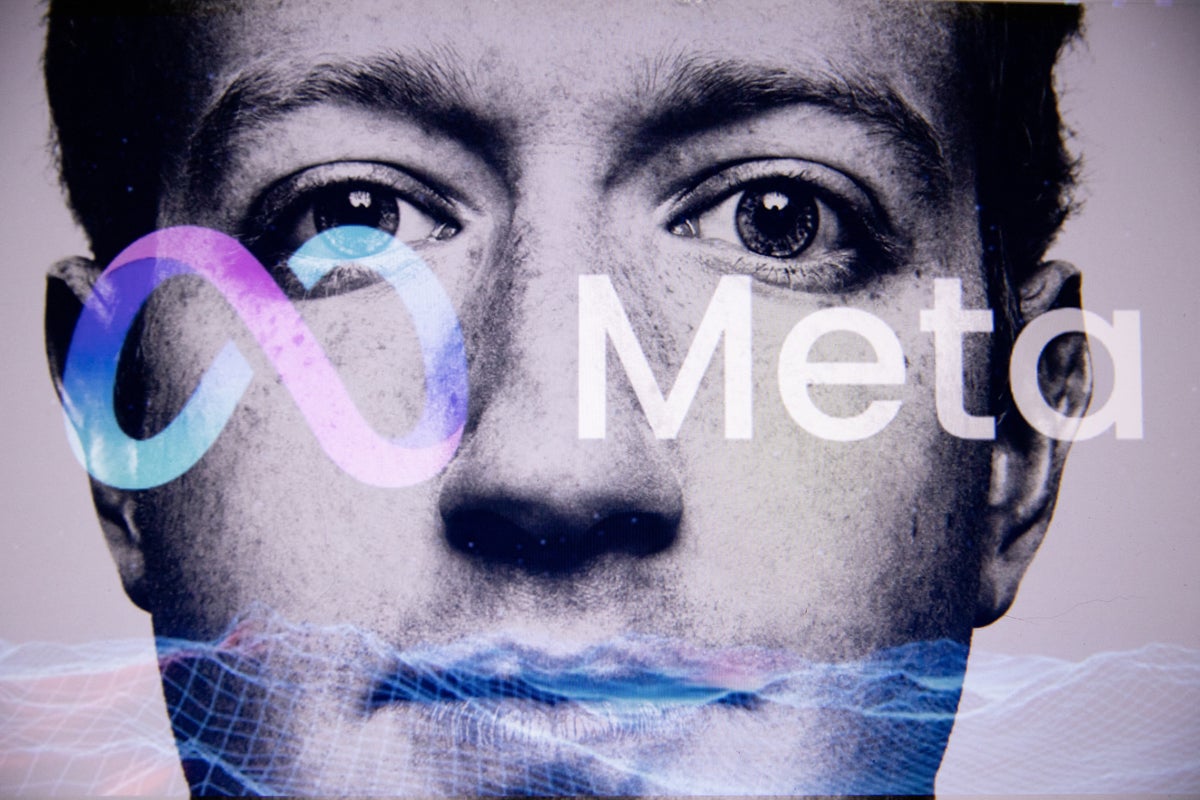Since November 2022, the world of AI has been near-synonymous with one tool and one tool alone: ChatGPT. Last week, we discovered that users pepper OpenAI’s chatbot with 2.5 billion prompts every single day, according to newly released data from the company, while a staggering half a billion people every week interact with the chatbot.
If social media was the marker of the last generation of big tech, then AI is the next one. And while it seems like OpenAI could become the household name, there’s one person who wants to break that: Meta CEO Mark Zuckerberg.
In the last few years, Zuckerberg, who set up Facebook in 2004 and is now worth $247bn, has expanded his digital empire to encompass WhatsApp, Instagram, and Threads. He has also made big pledges to try and wrest control of the AI narrative away from OpenAI, with the tech titan now offering billion-dollar deals to some of its top staff in an attempt to lure them to join his AI project called Prometheus. The venture is aiming to launch early next year and is named after the Greek who stole fire from the other gods and gave it to humanity.
“Meta has faced several setbacks with its generative AI strategy, prompting the company to spend more aggressively in an effort to catch up in the AGI race,” says Stefan Slowinski, a research analyst at BNP Paribas. Driving the investment – which dwarfs at lot of what the company has previously spent on similar initiatives, at least in such a short time period – is the desire to try and make up lost ground against the competition, mostly OpenAI, which is supplanting Meta as the dominant force in terms of what we are interacting with on a daily basis.
Similar threats are compelling Google to spend big in developing its own AI model, Gemini, and to fend off challenges from an OpenAI web browser to its Chrome app. Elon Musk is also ramping up his own work in AI through xAI, his firm, because of “overwhelming” existential dread about AI.
“We think internet CEOs are likely seeing a growing AI opportunity as 2025 progresses, and greater risk of missing out, and therefore the competitive capex cycle is far from over,” says Justin Post, an analyst at Bank of America-Merrill Lynch.
Meta is one of the few companies that can afford to spend such large figures on AI. While OpenAI and others aren’t exactly short of money, they’re reliant on funders who will want, at some point, to see a return on their investment. Meta, meanwhile, is flush with cash, earning $134bn profit last year – meaning its pockets are a little deeper than most.
For that reason, Zuckerberg’s desire to corner the AI market and make it Meta’s own has to be taken seriously. Few other people can commit the amount of cash he has in the last few weeks alone – which is why social media commentary from rivals has been quite so catty about him buying up AI talent.
Still, not everyone is convinced we’ll soon be living in a world using AI under Zuckerberg’s direction. “My personal conviction is that the world will not exist,” says one former Meta employee, who was granted anonymity to speak freely and because their current employer does not allow them to speak to the press about their past role.
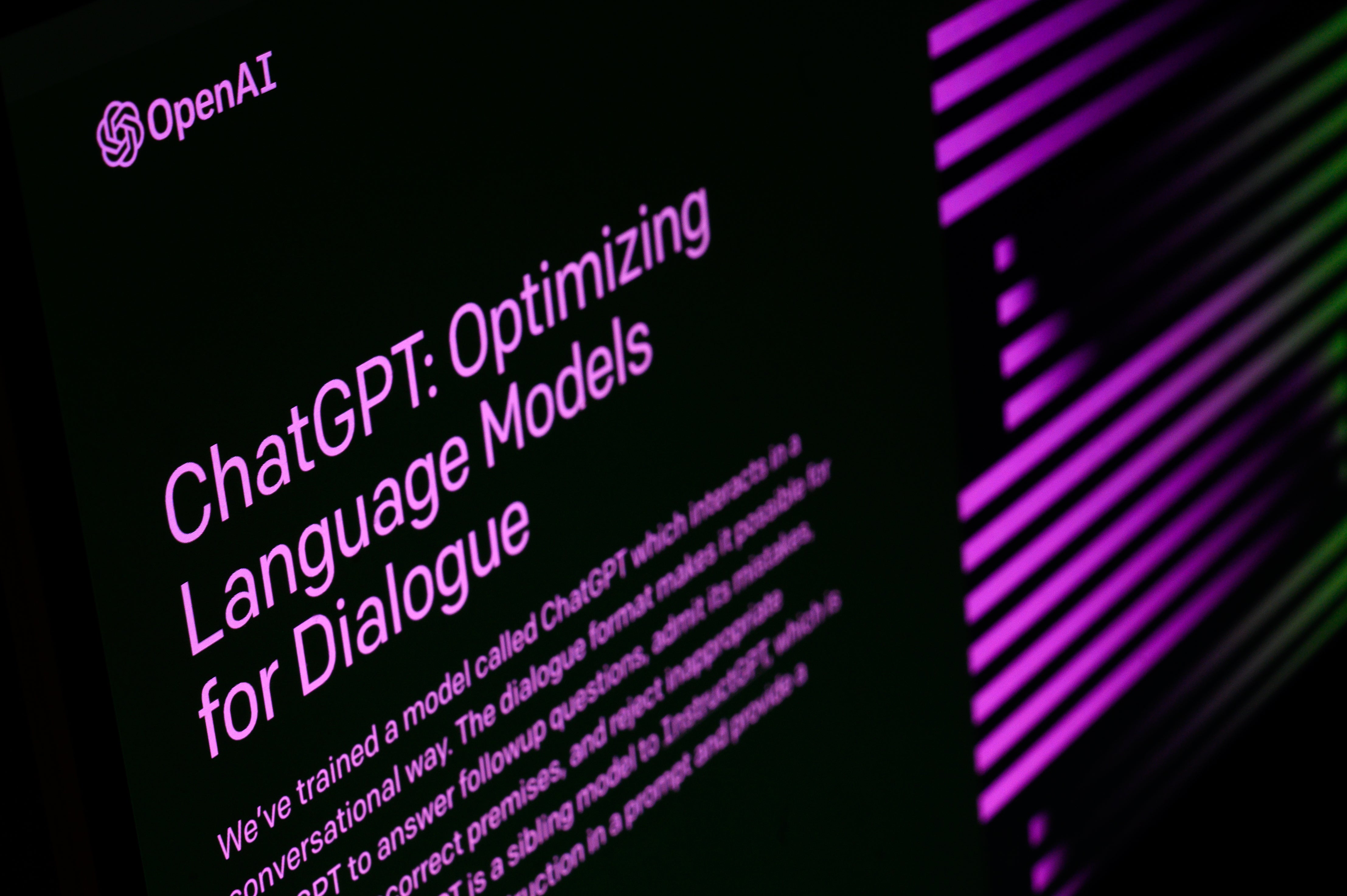
open image in gallery
ChatGPT handles billions of user prompts every single day (Getty)
That’s not from a lack of trying by Zuckerberg, the former Meta staffer admits. “A lot of people forget that when Google acquired DeepMind [in 2014], it was actually Mark Zuckerberg who wanted to buy DeepMind. He failed to do so, and then essentially went on a shopping spree, as he is doing right now, which involved hiring Yann LeCun.”
LeCun was a leading academic researcher before founding Facebook AI Research and is currently Meta’s chief AI scientist. He has criticised OpenAI and Google DeepMind for being too closed or fear-driven and believes AI will augment humans, but will not replace them or pose apocalyptic risks. He is on the record saying: “We’re working on the next generation of AI systems that can reason, plan, and understand the world the way animals and humans do.”
The former employee believes Zuckerberg is trying to recreate his tech shopping spree today – but will come up with issues because Meta isn’t the same company it was in 2014. “It has a lot of big battle scars,” the former employee says. “It’s gone through a lot of corporate issues.”
Also working against Meta these days is that the financial situation has changed, with top AI talent requiring millions of dollars in compensation, as has the recognition of AI researchers as more akin to rock stars. Both of which make it more difficult – and more expensive – to try and attract talent.
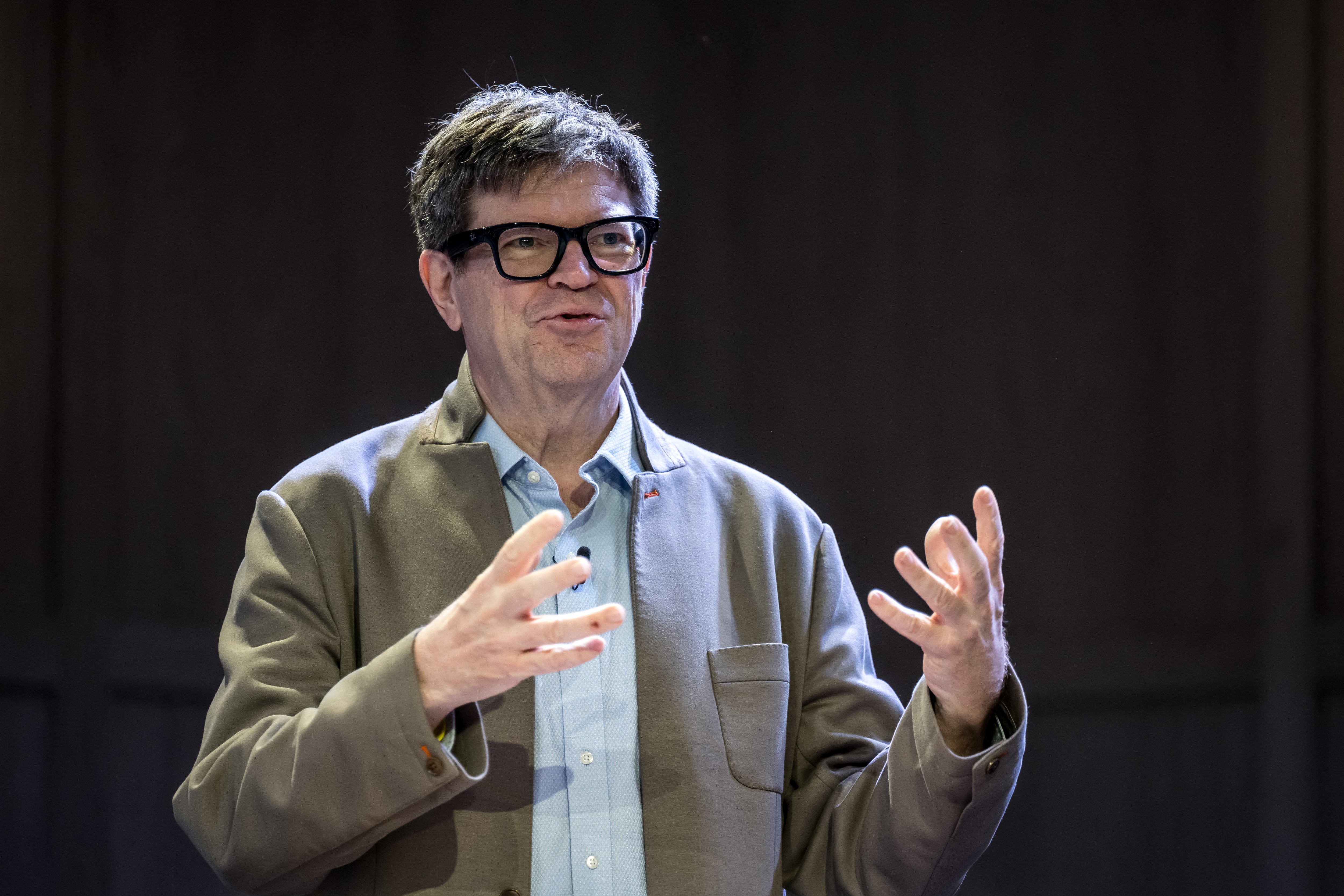
open image in gallery
Meta’s chief AI scientist Yann LeCun at the World Economic Forum in January (AFP/Getty)
Meta has had some success in attracting talent to its AI arm: Alexandr Wang, the founder of ScaleAI, was brought into the tech giant in June through a $14.3bn deal to acquire a stake in his company. Wang now sits as chief AI officer within Meta, and was joined by Nat Friedman, former CEO of coding platform GitHub, who co-leads Meta’s specific new Superintelligence Lab set up by Zuckerberg alongside another new hire, Daniel Gross.
Nearly a dozen OpenAI staffers, including some of those who developed ChatGPT’s most foundational models, have also been lured over to the company, as have some of Apple’s top talent. The sums on offer to those researchers seem scarcely believable: up to $300m for individual staff members over the course of four years, according to some reports.
Still, the cash isn’t enough for some AI researchers to join Zuckerberg and his colleagues. Rumours abound within the industry that some top talent have been offered billion-dollar sums to make the leap to Meta, but have rejected them because they don’t want to join Zuckerberg – figures confirmed by The Wall Street Journal, who said Zuckerberg personally offered a billion dollars to OpenAI’s chief research officer, Mark Chen, to jump ship.
Meta isn’t just splashing the cash on talent. It’s investing in the infrastructure that will be crucial to the successful adoption of AI at the scale Zuckerberg and others hope to make money from. Earlier in July, Zuckerberg announced via his social network, Threads, that Meta would be spending hundreds of billions of dollars to build gigantic data centres to help power its AI models.
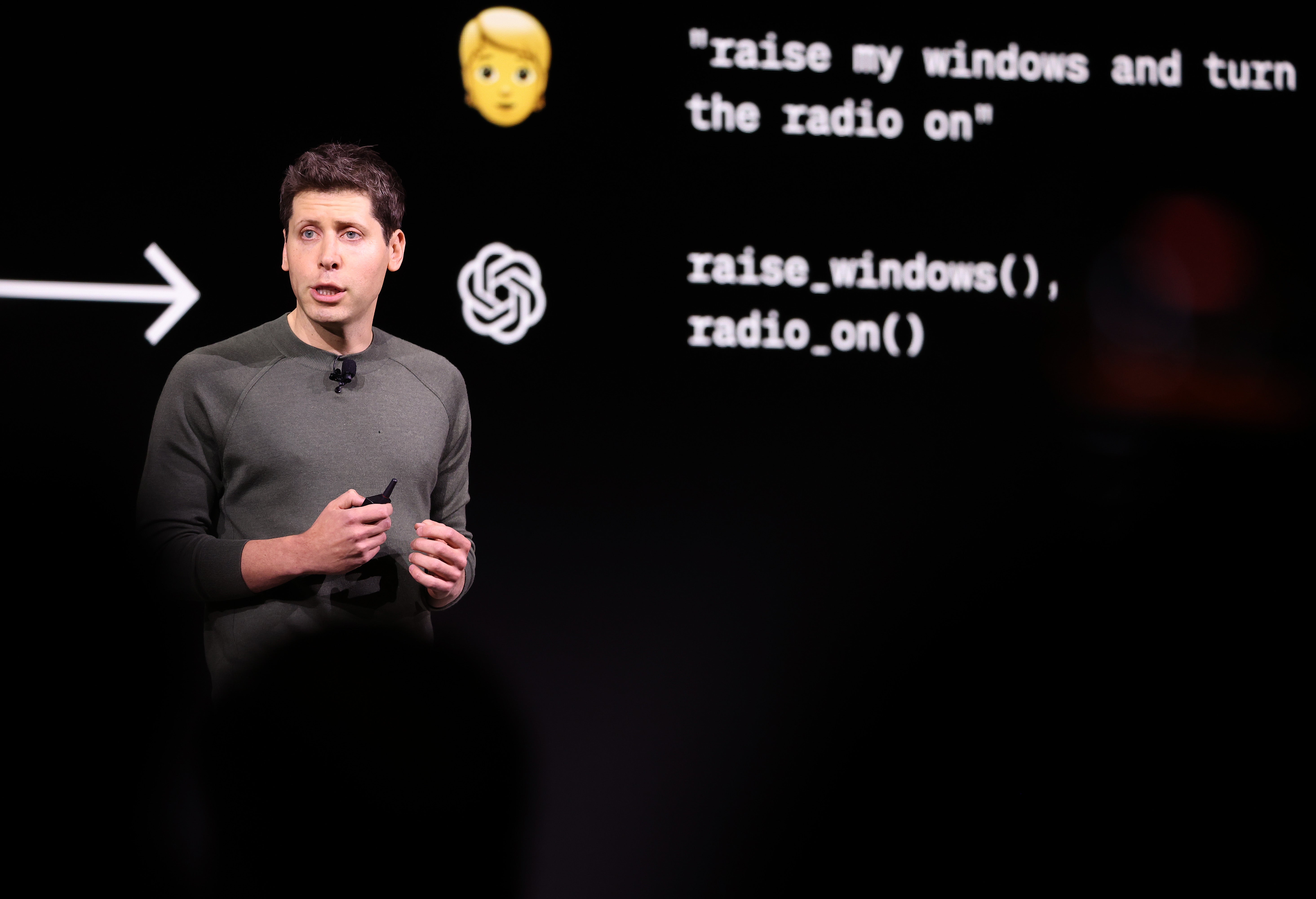
open image in gallery
OpenAI CEO Sam Altman pictured at an event in November 2023 (Getty)
Prometheus will be located in Ohio and the footprint of the massive data centre will be nearly as big as the island of Manhattan, Zuckerberg has revealed. Another, similarly huge data centre, would be built in Louisiana by the end of the decade. Prometheus alone will need 1 gigawatt of energy to power it, enough to power nearly a million homes in the United States.
The financial spend “signifies a real commitment to push in that direction,” says Carissa Veliz, an AI ethicist at the University of Oxford.
The big question is that if Zuckerberg’s big money bets pay off and Meta manages to leapfrog not just OpenAI but its slew of competitors – including the similarly flush Google – then what will the world look like? If the gloves have come off, will that include the guardrails too?
Experts foresee a deeper integration of AI into our lives. “Meta is already a platform deeply integrated into many features of people’s lives,” says Michael Veale, an associate professor of law at University College London, pointing to everything from Facebook to Instagram and WhatsApp as platforms we rely on to interact with one another. “As a result, they have a much greater capability than OpenAI to deploy tools that access and use individuals’ data and communications.”
That’s not necessarily a good thing, says Veale. “At this point, people’s attention should be on how these products are going to be integrated into services designed to produce or extract value, rather than be too distracted by visions aimed at press coverage and marketing hype,” he says.
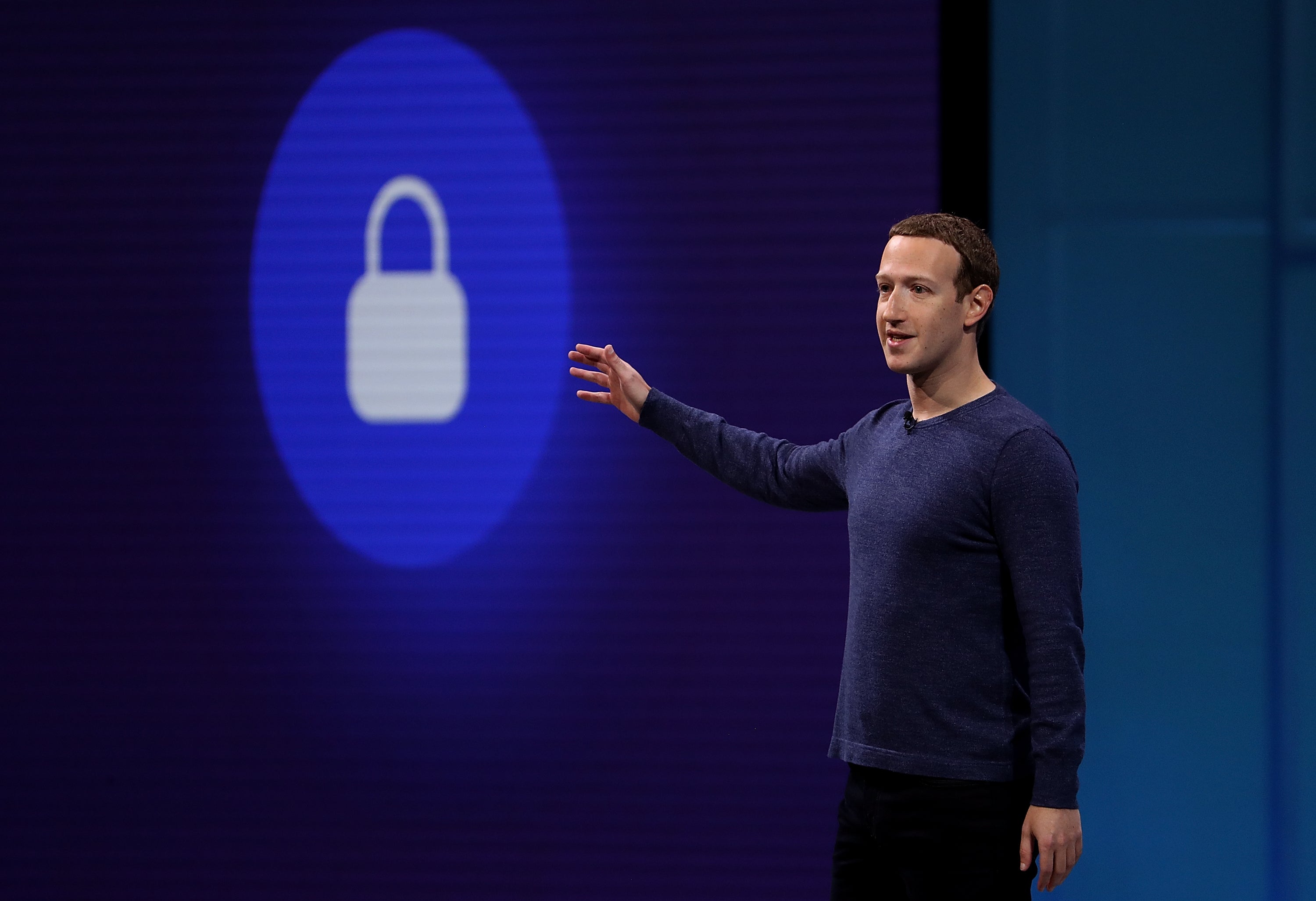
open image in gallery
Zuckerberg is offering up billions of dollars to try and corner the AI market (Getty)
It’s a worry shared by Veliz. “At the moment, the kind of AI that we’re using and the kind of design that we’re seeing is incredibly invasive and Meta is perhaps the least trustworthy of them all, which is saying something.”
She points to its history with how Facebook was initially designed – including Mark Zuckerberg’s infamous early comments that people who handed over data to him in the early days of the platform were “dumb fucks” to the controversy the company faced with Cambridge Analytica. “Thinking about a company that still has a business model based on surveillance, developing AI in this very surveillance-heavy design is a definite cause for concern,” says Veliz. Meta did not respond to a request to comment on this story.
If anyone is able to make a money-making enterprise out of AI, however, the experts say it’s Zuckerberg. “Meta, unlike OpenAI, has a track record of turning technology into profit rather than investor capital,” explains Veale. “In a corporate sense, OpenAI is probably realising, as they did with Microsoft, that the adults are now in the room with it. Whether Zuckerberg counts among those adults in 2025 is something we have to wait and see.”
